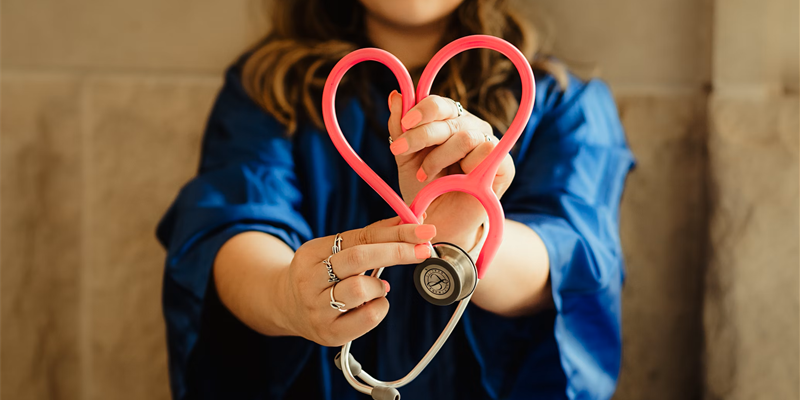
The following blog is posted on behalf of John N - Macmillan. John is one of our Service Knowledge Specialists working to deliver best practice within the Macmillan Nurses team.
In today’s blog, John is looking at the rise in NHS hospitals delivering cancer test results online, as well as the impact new services like this can have on patients. At the end, he’ll be asking for you to share your experiences with any of the topics mentioned in this blog.
Finding out that you have cancer can be a shock, even if the cancer diagnosis was strongly suspected.
Some people try to learn as much as possible about their diagnosis. Being informed can help when talking to medical teams or telling family and friends. It can also help people feel involved in their care, and more in control generally.
Other people prefer not to know all the details of their illness. They may be more comfortable leaving treatment decisions to their healthcare team. What’s important is that everyone has the choice to get the information that is right for them, at the right time.
Our Macmillan Support Line Nurses often see trends before anyone else. They have seen an increase in queries from people getting their test results online. Some people have reported receiving their results before seeing a specialist for a diagnosis.
In April 2023, hospitals in England were asked to start delivering urgent referral test results within 10 days. Access to results through the NHS app, NHS website, or a local GP practice app has also aided faster delivery of results.
Our team would like to hear more about this experience from the experts: you.
Did you read your test results online before you were given a diagnosis? How did that feel, and what did you do with that information?
Were you given a choice about how to receive your diagnosis, and what did you choose?
We are also hearing that some people are receiving their diagnosis by letter. We’d like to know about your experience of this. Was the letter addressed to you and easy to read, or was it a copy of a letter from a specialist to your GP? Were contact details given so you could speak to someone and get information and support?
It's important to know that we are not criticising the NHS. Everyone in the Macmillan Nurse team trained and worked in the NHS. We know that a quicker diagnosis and reduced waiting times can often lead to better outcomes in cancer care.
We also know that one size doesn’t fit all. Some people may prefer a telephone call instead of attending another hospital appointment. Others may choose to have a video call. If you opted to receive your diagnosis outside of a face-to-face consultation, we’d like to hear from you too.
Please tell us about your experience in the comments below. You can also share your thoughts on our dedicated discussion thread here: Blog Discussion - Online test results.
Your responses will help us to adapt our practice to this fast-changing situation. We also have colleagues in Macmillan who work closely with stakeholders in the NHS. They can use your comments to help the NHS improve their service so they can get it right for everyone.
Thanks for reading, and we look forward to hearing from you.
John N - Macmillan
Service Knowledge Specialist
Cancer Information Nurse Specialist team
Macmillan Support Line
Whatever cancer throws your way, we’re right there with you.
We’re here to provide physical, financial and emotional support.
© Macmillan Cancer Support 2026 © Macmillan Cancer Support, registered charity in England and Wales (261017), Scotland (SC039907) and the Isle of Man (604). Also operating in Northern Ireland. A company limited by guarantee, registered in England and Wales company number 2400969. Isle of Man company number 4694F. Registered office: 3rd Floor, Bronze Building, The Forge, 105 Sumner Street, London, SE1 9HZ. VAT no: 668265007